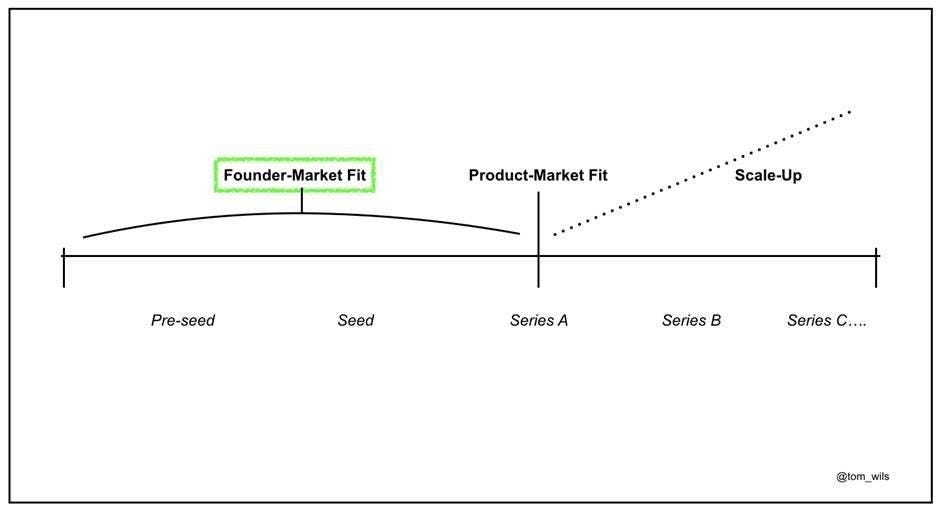An Unsuccessful Video Game Turned Into a $26 Billion Startup...

🌈 Abstract
The article discusses the remarkable success story of Slack, a B2B SaaS startup that became the fastest-growing in history, reaching a $1 billion valuation in just 8 months. It covers Slack's origins as a video game company called Glitch, the team's pivot to building an internal communication tool that eventually became Slack, and the key factors that enabled Slack's rapid growth and success.
🙋 Q&A
[01] Slack's Rapid Growth and Success
1. What were some key milestones in Slack's early growth?
- Slack launched in 2014 and gained 8,000+ users in the first 24 hours and 12,000+ join requests in the first week
- Slack raised $120 million in funding just 6 months after launch, valuing the company at $2.7 billion
- The company grew 5-10% per week, and within 2 years had raised $840 million with a $5.1 billion valuation
2. What factors contributed to Slack's rapid success?
- Slack was never meant to be a business software tool, but rather started as a video game company called Glitch
- The Slack team built an internal chat app to improve their own company's communication, which they then released to the public as Slack
- The founders had deep expertise and "founder-market fit" in the challenges of team communication and collaboration
- Slack's features and focus on enabling employees to "be less busy" resonated strongly with users
3. How did Slack's growth compare to other startups trying to disrupt work?
- Many startups have tried to disrupt aspects of work, but few have managed to do it as effectively and quickly as Slack
- Slack's rapid growth, reaching a $1 billion valuation in just 8 months, made it the fastest-growing B2B SaaS startup in history
[02] Slack's Origins and Pivot
1. What was Slack's original business before pivoting?
- Slack originally started as a video game company called Glitch, which had surrealist landscapes and extensive customization options
2. How did Slack's founders come to build the Slack product?
- The Glitch team was struggling with internal communication, especially across different departments
- So they built an internal chat app to improve their own company's communication, which eventually became the Slack product
3. What was the founders' prior experience that contributed to Slack's success?
- Slack's co-founder Stewart Butterfield had prior entrepreneurial experience, having founded and sold the company Flickr to Yahoo for $35 million
- The founders' deep understanding of the challenges of team communication and collaboration, from their prior experiences, gave them strong "founder-market fit"